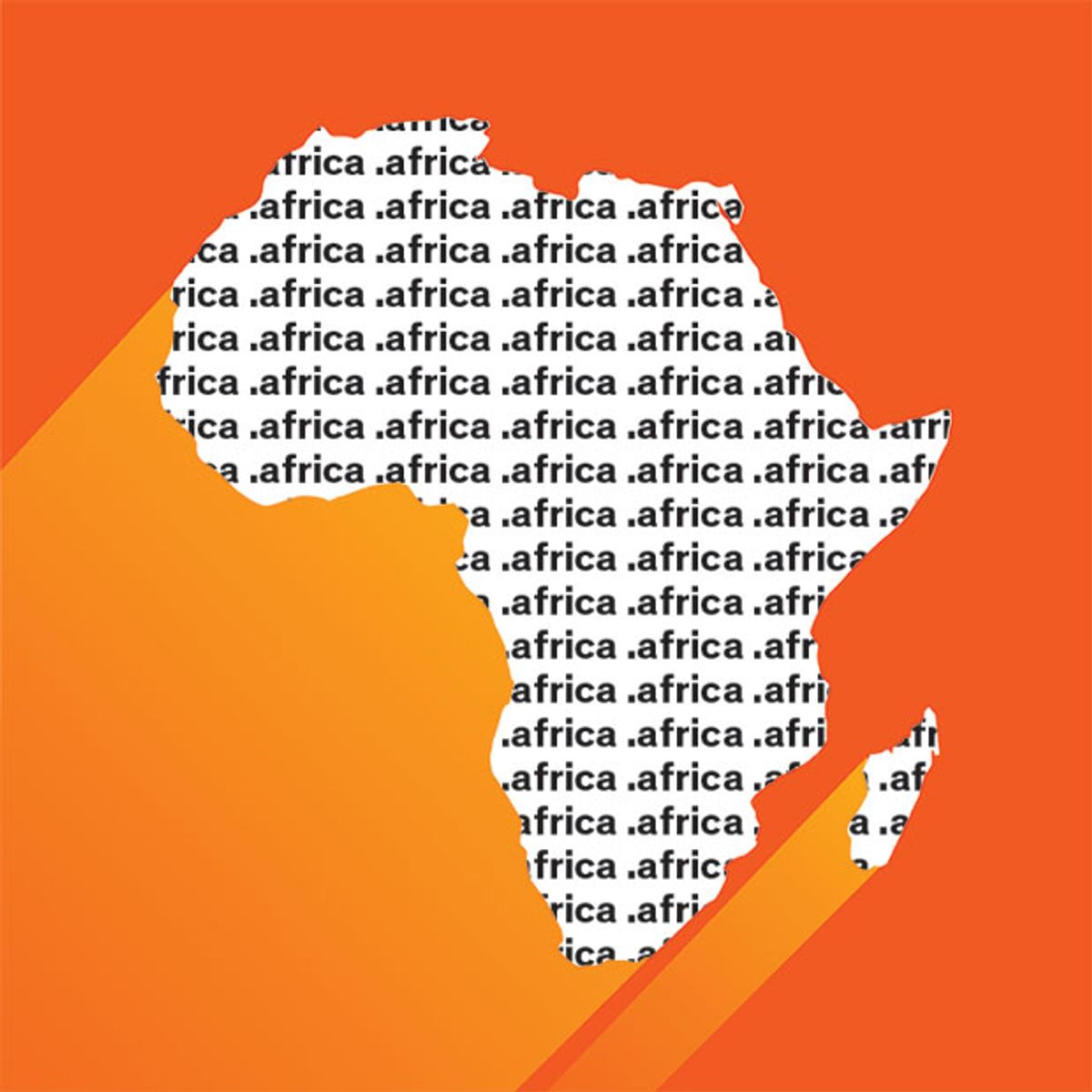An explosion of domain names has reshaped the Internet by offering hundreds of new ways to end a Web address. Lawyers can now advertise websites with “.lawyer,” while toy companies can register with “.toys.” Jokers who want to build a site whose name ends with “.fail” or “.wtf” can do that, too.
But one highly sought-after domain remains stubbornly out of reach for a billion people. Africans still can’t register sites to “.africa” because the right to operate that domain is the subject of a tussle between rival registries that is now dragging through its fourth year. While the domain’s ultimate fate could remain the subject of legal battles for years, a California court could decide within weeks whether to finally permit .africa to go live.
The domain could prove quite lucrative for whichever registry wins it, although both competing registries pledge to spend profits on charitable activities. Registries act as domain-name wholesalers. They sell the right to resell a domain name to many registrars such as GoDaddy, which make their money by signing people up.
Wayne Diamond, who runs a registrar based in South Africa, says many of his clients want to list websites with .africa but are stuck waiting. “I think there’s growing impatience with what’s happening, now that it’s being held up in legal wranglings,” he says. “The delay has had a significant impact on the growth of the domain space in Africa.”
The two registries vying for control of .africa have also pitched the domain as an emerging economic engine and cultural exchange. DotConnectAfrica, a charitable trust that operates out of Kenya, promotes .africa as “your online African identity,” while the South African nonprofit ZA Central Registry says the new domain will enable “e-commerce, technology, and infrastructure to flourish.”
Those promises have so far gone unfulfilled. The tug-of-war began in 2011, when the Internet Corporation for Assigned Names and Numbers (ICANN), the nonprofit that manages domain names, noticed that many of the shortest and most memorable addresses that end in “.com,” “.org,” and “.net” had been taken.
The organization invited registries to apply to add more options, and has since released 938 new domains. Most disputes were resolved amicably or by offering domains up for auction. For example, in January, GMO Registry beat seven competitors with its US $41.5 million bid for the “.shop” domain.
The .africa domain did not go up for sale, however, because of its geographic and cultural importance. In fact, ICANN requires applicants for a geographic domain to demonstrate support from 60 percent of national governments.
That requirement lies at the heart of the disagreement over which of the rival registries is better suited to manage .africa. Both candidates submitted their applications in 2012 and claimed that they had the support of the Commission of the African Union. DotConnectAfrica says it received the commission’s blessing in 2009, but the commission later formally withdrew that support and backed ZA Central Registry.
Sophia Bekele, head of DotConnectAfrica, says the process wasn’t “transparent and accountable” and that the commission failed to represent African governments. Neil Dundas, executive director of the organization that operates ZA Central Registry, points out that DotConnectAfrica has relatively few staff on the continent and would work with U.K.–based registry CentralNic to manage the domain. DotConnectAfrica will charge only $10 per year for website registrations, versus the $18 that ZA Central Registry plans to collect should it win the domain rights.
In 2014, ICANN agreed to issue .africa to ZA Central Registry. To fight back, DotConnectAfrica requested an internal review. After two more years, ICANN’s board passed a resolution in March reaffirming its decision and stating that DotConnectAfrica had not garnered enough government support.
That decision would have cleared the way for ZA Central Registry to begin registering Africa’s websites, but DotConnectAfrica filed a legal complaint against California-based ICANN, and asked a U.S. district court to block the organization from awarding .africa to ZA Central Registry while the case proceeds.
At press time, the court was poised to decide whether to grant DotConnectAfrica’s petition for a temporary stay that would prevent the transfer of the long-awaited .africa domain to ZA Central Registry while the suit against ICANN is adjudicated. If the court rules in its favor, ZA Central Registry estimates that it could have .africa sites up and running within four months. Dundas says he would love to see over a million sites signed up within three to five years.
But if not, the delay will drag on, and the promise of a new domain to jump-start economic growth and build a shared online identity among Africans will remain on hold or stalled.
